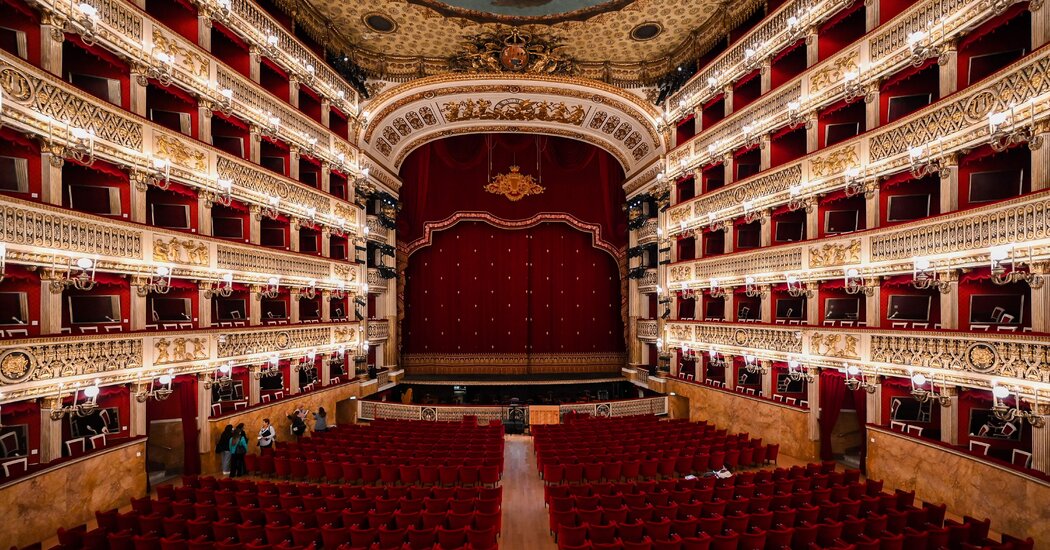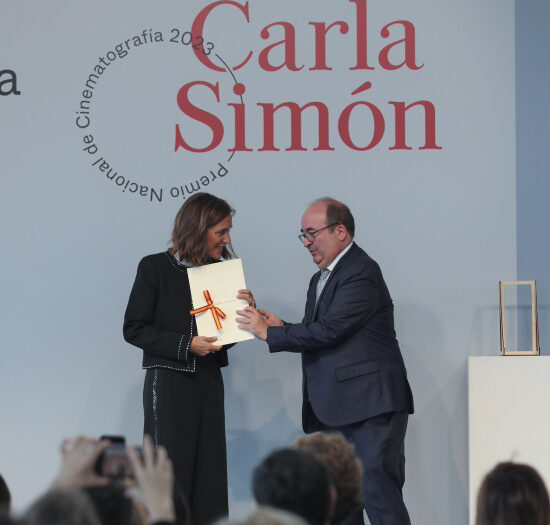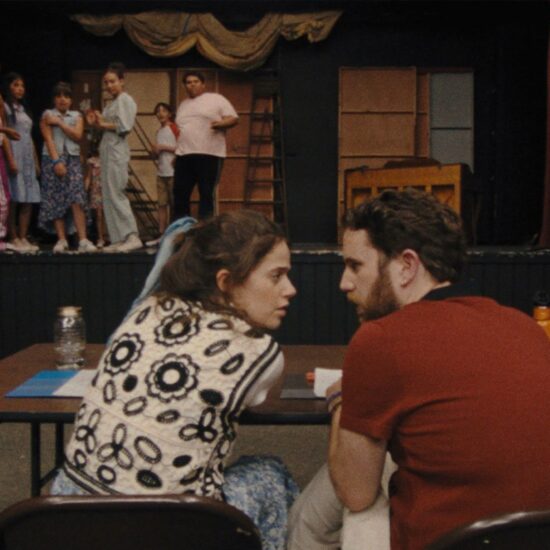
It’s hard to gauge whether the drama currently playing out behind the scenes at the San Carlo Opera House in Naples will end as “opera seria” (serious) or an “opera buffa” (comedy).
Italy’s oldest opera house currently has two respected figures, each of whom believes he is its rightful general director after a convoluted dispute that critics say has cast the theater, and Italy, in an unflattering light.
It has all the elements of high drama — conflict, tension, perhaps even vendetta — and is playing out like a farce, or, in the words of some Italian news outlets, “un pasticcio”: a mess.
A quick plot synopsis:
Act I. In May, Italy’s government passed a law that said general directors of the country’s 13 state-run opera theaters could not serve beyond their 70th birthday. That immediately terminated the contract of Stéphane Lissner, who had turned 70 in January, midway through his term as the general director of the San Carlo.
He was the only general director immediately affected by the law, and there was open speculation in the news media that the law, which was passed as an urgent measure, had been drafted to specifically single him out.
The French-born Lissner, who ran La Scala in Milan for a decade and the Paris Opera for six years, warned the board of the theater that he would challenge his termination.
Act II. In August, the theater hired Carlo Fuortes, 64, as a replacement, not long after he resigned as the chief executive of Italy’s national broadcaster, RAI.
Fuortes is an experienced manager who was praised for turning around the Rome Opera during a stint there as general director from 2013 to 2021. Italian news outlets widely reported that the hard-right government of Prime Minister Giorgia Meloni wanted to replace Fuortes in the broadcast position with its own nominee. It was said that the San Carlo was meant to be a consolation prize for Fuortes, who began there on Sept. 1.
Act III. On Sept. 12, a labor court reinstated Lissner, after his lawyers challenged the grounds for his dismissal. The culture ministry told the theater board to reinstate him, which it did on Monday evening, according to his lawyer. (The board declined repeated requests for comment.) Lissner is expected to return to Naples from Paris, where he has been since June, as soon as this week. But the board has also announced it would file appeal the court’s decision.
What happens in Act IV remains to be seen. A review panel within the same labor court will now examine the decision to reinstate Lissner, who is again legally the theater’s general director. His lawyer, Pietro Fioruzzi, pointed out the “irony” that his client had been reinstated by the same theater board that was appealing that decision.
“What happened is certainly not worthy of the history of Naples and the history of the San Carlo,” said Riccardo Realfonzo, an economics professor who sits on the board.
Realfonzo had contested several management decisions at the theater, including some hirings and Lissner’s remuneration, which Realfonzo said was too high. He has also refused to sign off on the theater’s last two budgets, because they were not balanced, he said.
As a representative of a regional government that funds the theater, he was concerned about the potential financial fallout in the event that the theater had to end up paying both general directors, or paying off one of them. He protested by not attending meetings.
Alberto Mattioli, an opera critic who just published a book about Italy’s opera houses and their history, said the hastily passed law that ended Lissner’s run was also in line with Italy’s hard-right nationalist government drive to “put Italians first” at the top of the country’s cultural institutions, pointing out that the people it initially affected both happened to be French.
Dominique Meyer, who runs La Scala and is also from France, would have to leave in 2025 when he turns 70. Officials at the Milan theater said legal experts were examining the new law to determine whether it would apply at La Scala, which is governed by a different statute than other opera theaters.
Mattioli said that by using the San Carlo as a pawn in political deal-making the government had diminished the standing of the theater, one of Italy’s most prestigious institutions. “Everything that’s happened confirms that Italy is a really incomprehensible country,” Mattioli said.
Fuortes has not spoken publicly about the situation and his lawyer declined to comment. His standing at the theater after Lissner’s reinstatement is unclear, but he has threatened legal repercussions if he is dismissed, according to a letter from his lawyer to the San Carlo board that was shared with The New York Times by a third party.
It could take weeks for the review panel to hear the appeal. In the meantime, the drama is certain to continue.













